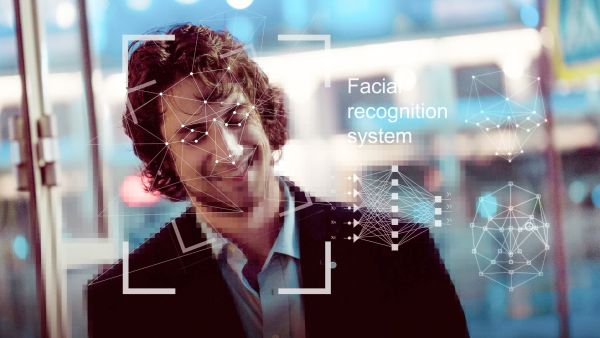ALBAWABA - The US Federal Trade Commission (FTC) has rejected an effort to employ facial recognition as an age estimation technology to confirm the age of anybody purchasing mature-rated games, In accordance with the Children's Online Privacy Protection Act (COPPA).
Instead of using physical IDs, the technology would have required individuals to allow their faces to be scanned in order to verify that they are adults, with games industry.biz detailing that the process would include the user taking a photo, and the system confirming an actual person is in the image before uploading it to a cloud server for age estimation.
Last year, The Entertainment Software Rating Board (ESRB), SuperAwesome, which operates marketing and promotional businesses for young audiences, and Yoti, the developer of the technology, collectively submitted the proposal, arguing that there is no significant threat to parents' privacy or any prejudices from the estimation of facial age for the purchase of games.
354 people commented on the matter to the FTC., advocates indicated the suggested technology had enough privacy protections and was comparable to current ways of obtaining parental permission, while critics raised worries about deepfakes, privacy protections, and how well the technology truly functioned.
According to the FTC, the decision in favor of denial was 4-0 "without prejudice." It concluded that online service providers had "acceptable methods" to get parental permission for anybody 13 years of age or less based on the COPPA requirements.
In addition to outlining many legitimate techniques for obtaining parental permission, the regulation contains a clause that permits interested parties to propose new, provable techniques for parental consent to the Commission for approval, the FTC notes, meaning a new submission can potentially be filed in the near feature.









